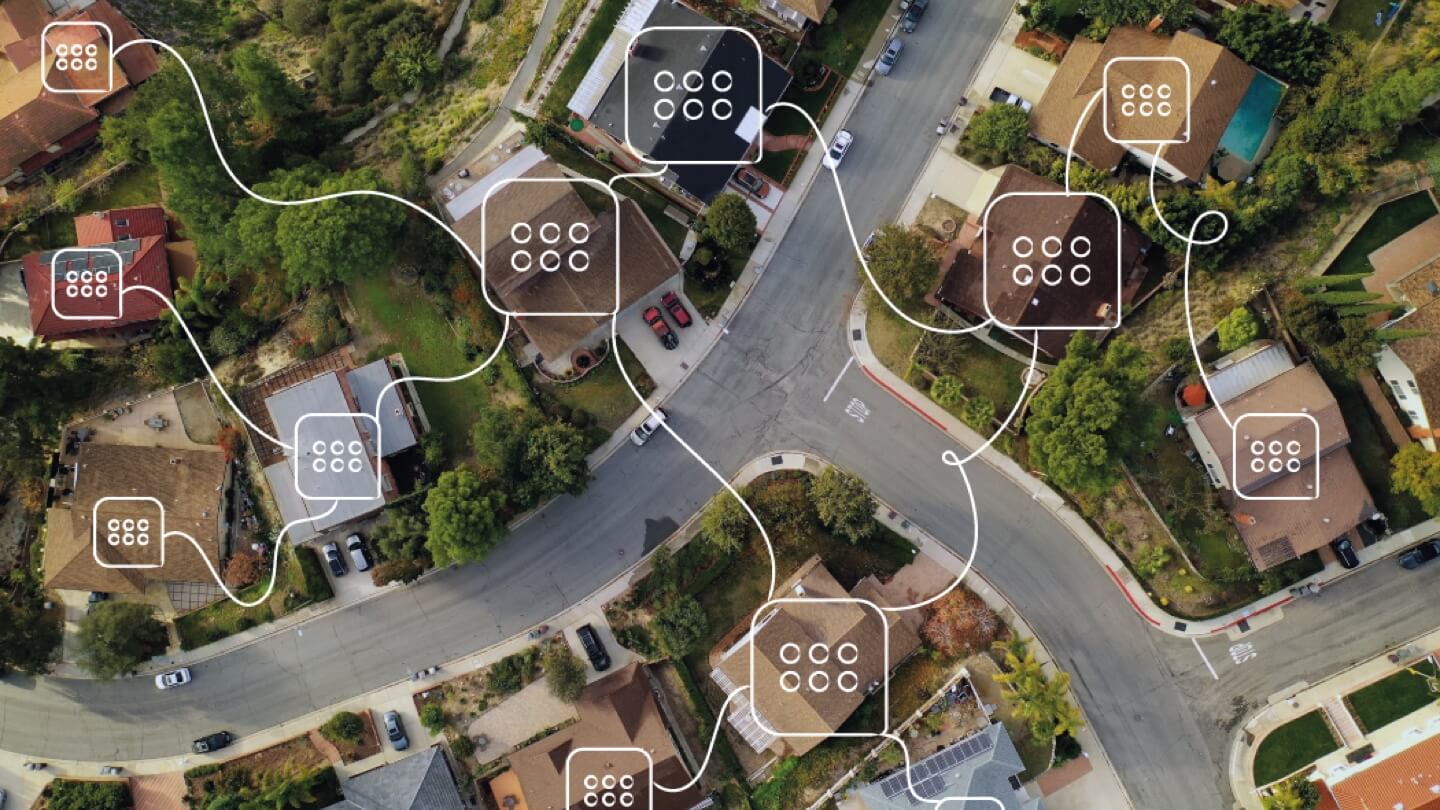
Within the energy market, new models and new paradigms are being consolidated and require clarity. A first step has been taken and consists in the implementation of the EU directive that governs the energy market. Considerable space must then be given to the implementing decrees, so as to define the “rules of the game”.
Implementation of the EU Energy Market Directive
In this period issues such as ecological and energy transition, energy management, energy communities are much discussed: certainly they are extremely interesting issues that need a concrete implementation. But how to implement them?
Many concrete answers come from the very recent decree implementing the EU Directive on the electricity market. The decree was approved in final examination by the Council of Ministers no. 45 of November 4, 2021 (Press release of the Council of Ministers no. 45 | www.governo.it); it is currently awaiting publication in the Official Gazette. It contains the guidelines dictated by the EU Directive, adapted to the situation of the Italian energy market. On these guidelines will be based the implementing decrees that will be issued by the competent bodies: the implementing decrees are in fact the practical rules to be implemented and followed in the electricity market.
Which are the guidelines in the decree?
Let us now go into the specifics of the regulations dictated by the decree, trying to understand the important clarifications and innovations introduced. From reading the text, some salient points stand out, such as the attribution of roles and rights and the introduction of definitions of fundamental elements in the energy market; among these:
- The definition of energy communities and the novelties referred to them.
- The definition of active customer and the related rights and charges. Generally speaking, specific protection is defined for the end customer who decides to become an active customer (and therefore an energy producer): this therefore proves to be an advantageous move.
- The definition of aggregation and related customer rights.
- The definition of energy storage and the conditions under which it can be applied.
- The introduction of the conditions necessary for an energy price adjustment.
- The clarification of the responsibility of distribution system operators for the integration needs of distributed generation.
- The introduction of conditions for the possession of charging points for electric mobility.
What changes for energy communities?
We have seen that the decree discussed so far dictates guidelines for certain changes to the entire electricity market. Going then into the specifics of renewable energy communities, in the decree there are some important turning points; let’s see which ones:
- The extension of the plant power granted in energy communities up to 1MW;
- The change in geographic limits: one moves from the limit of the transformation cabin from medium to low voltage to the transformation cabin from high to medium voltage in order to become members of the same community: the community, therefore, can take on considerably larger dimensions;
- The addition of a greater number of types of subjects who are authorized to take part in renewable energy communities;
- The addition of additional services (beyond collective self-consumption) that a community can provide.
In addition to these specific changes, it is extremely important that the decree provides a definition of energy communities. This demonstrates that interest in these energy schemes is growing more and more, and not only that: with the transposition of the European directive, it also demonstrates the concrete commitment of the state in encouraging the practical implementation of them.
Energy communities, in fact, represent the ideal solution for the problems that occur in the management of the energy network. With their introduction it is possible to move from a concentrated energy model with large distributors to a distributed energy model with small local distributors. In this way, the exchange of energy is favored in order to obtain a “leaner” and more robust energy system with a more simplified organizational model than the previous one. From this point of view, therefore, the energy communities can be seen as a solution to the problems that have occurred so far in the management of the energy network.
Undoubtedly, the diffusion of Renewable Energy Communities will bring numerous advantages at all levels, mainly for those who will be part of them but indirectly for everyone, since the environment in which we all live will benefit substantially. The Renewable Energy Community is a fundamental junction for a real energy and ecological transition, first of all because it affects the mentality and the real behaviors of people: the generations of renewable energies put together will become important; therefore, it will be fundamental for everyone to understand when and how much to consume. The patented Regalgrid® technology, which was born exactly with this mission in mind, in addition to allowing the management and monitoring of these dynamics in real time, allows the maximization of collective self-consumption, which in simple terms means greater cost deductions at the end of the year, as well as a whole series of other services and performances that make it unique and distinctive. Very good then that the new transposition of the EU directive has been translated into national guidelines that expand and extend the applicability of Renewable Energy Communities.
